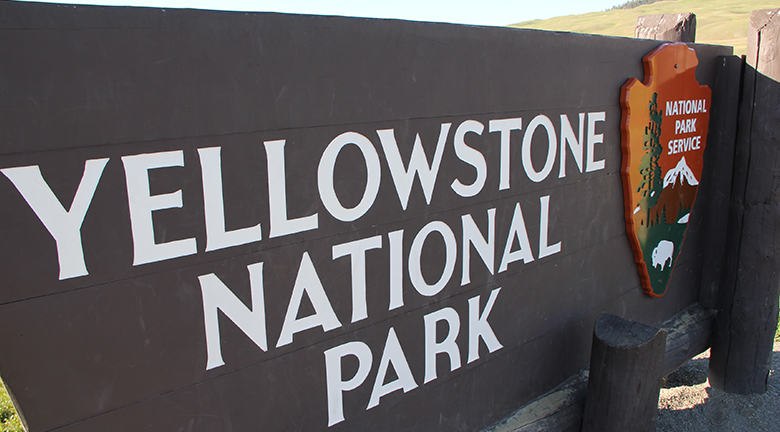| << Chapter < Page | Chapter >> Page > |

So you had trekked all the way to see Yellowstone National Park in the beautiful month of October 2013, only to find it… closed. Closed! Why?
For two weeks in October 2013, the U.S. federal government shut down. Many federal services, like the national parks, closed and 800,000 federal employees were furloughed. Tourists were shocked and so was the rest of the world: Congress and the President could not agree on a budget. Inside the Capitol, Republicans and Democrats argued about spending priorities and whether to increase the national debt limit. Each year's budget, which is over $3 trillion of spending, must be approved by Congress and signed by the President. Two thirds of the budget is entitlements and other mandatory spending which occur without congressional or presidential action once the programs are set up. Tied to the budget debate was the issue of increasing the debt ceiling—how high the national debt of the U.S. government can be. The House of Representatives refused to sign on to the bills to fund the government unless they included provisions to stop or change the Affordable Health Care Act (more colloquially known as Obamacare). As the days ticked by, the United States came very close to defaulting on its debt.
Why does the federal budget create such intense debates? What would happen if the United States actually defaulted on its debt? In this chapter, we will examine the federal budget, taxation, and fiscal policy. We will also look at the annual federal budget deficits and the national debt.
In this chapter, you will learn about:
All levels of government—federal, state, and local—have budgets that show how much revenue the government expects to receive in taxes and other income and how the government plans to spend it. Budgets, however, can shift dramatically within a few years, as policy decisions and unexpected events shake up earlier tax and spending plans.
In this chapter, we revisit fiscal policy , which was first covered in Welcome to Economics! Fiscal policy is one of two policy tools for fine tuning the economy (the other is monetary policy). While monetary policy is made by policymakers at the Federal Reserve, fiscal policy is made by Congress and the President.
The discussion of fiscal policy focuses on how federal government taxing and spending affects aggregate demand. All government spending and taxes affect the economy, but fiscal policy focuses strictly on the policies of the federal government. We begin with an overview of U.S. government spending and taxes. We then discuss fiscal policy from a short-run perspective; that is, how government uses tax and spending policies to address recession, unemployment, and inflation; how periods of recession and growth affect government budgets; and the merits of balanced budget proposals.

Notification Switch
Would you like to follow the 'Principles of economics' conversation and receive update notifications?